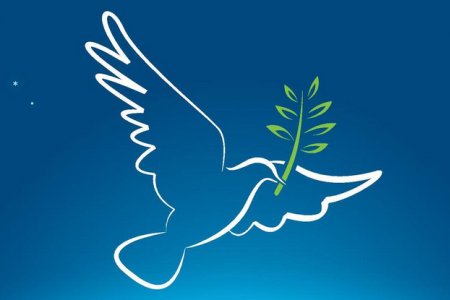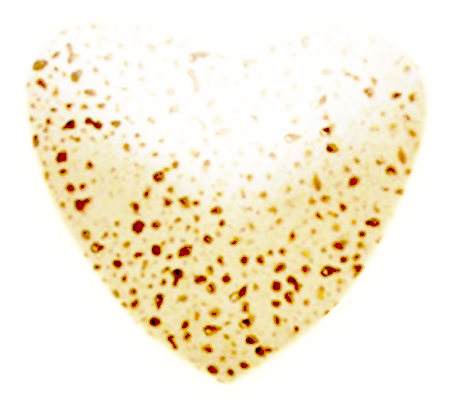Passover Animation
Happy Passover! Enjoy a short Kabbalistic explanation of the inner essence of Passover…
From the video clip:
Passover is much more than a historic tale. Let’s look at this holiday through the eyes of the wisdom of Kabbalah.
In the Haggadah, the land of Egypt represents a relationship of separation. A sort of living in a pool of ego, exploitation and despair, a state where everyone takes care of their own interests leaving the others to eat bupkis.
Israel represents the opposite situation. Life is full of joy, love of others, mutual guarantee… hang on a second, who are we kidding? Even if some of us physically live in the land of Israel, we’re still in that inner state of Egypt.
To be in Egypt means to be ruled by Pharaoh, the representative of the ego culture. He loves to turn us against each other, separate us, divide and conquer us, and eat Hummus every morning even though it’s bad for his digestion.
Moses, in contrast, is the representative of unity who doesn’t stand a chance if he goes head to head with Pharaoh, unless he’s got the entire people of Israel united around him.
And now we are ready for… the Exodus. The burning bush, staff and snake, blood, fire, charoses, and a mighty arm… all it’s really talking about is our choice between a reality of hatred and separation vs. a path of hope and connection.
Because that is how it always worked – either Pharaoh is ruling over you or you lend a hand to Moses. And it’s true even now.







